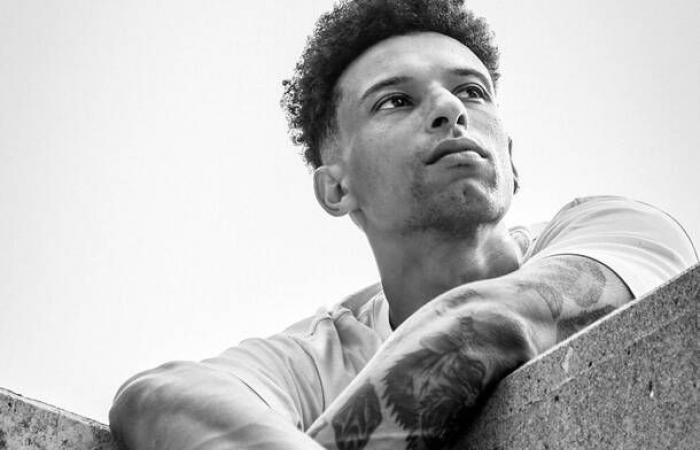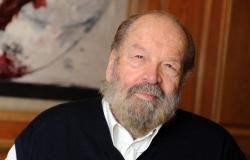In the world of Rap they know him as ThisGelo. Curly hair, Italian mother and Somali father, he was born 34 years ago in Varese and in recent days he has stood out for two songs, a third is on the way, rapped in Varese dialect.
“I learned it from my grandmother,” he says Lorenzo Pellegrini which he shot his last two videos in Piazza Repubblica and Piazza Cannichetta, behind the Church of San Vittore, in the city center. «They are the ones where I spent my adolescence, with my friends».
Loose jeans, headband and hands that follow the rhymes, in one of the videos he wears the t-shirt with the writing Varesotto, created by the social group “Stare male in provicia”, another true must for those who live in the area. They add to this songs sung in very strict Varese dialect, so much so that for those who don’t know the language well they can be difficult to translate into Italian or, at first listening, they can seem to be sung in a foreign language.
The lyrics are ironic and provocative, they line up, one after the other, stereotypes and clichés, of rap, of the people of Varese, of Italians in generalphrases that we have often heard in slogan politicians and reported by citizens when addressing the issue of immigration.
«A provocation? There is one way and another to see it», says ThisGelo. «I write the things I have always written, but in dialect they have more effect. It was a lot of fun to use because it’s full of hyperbole. The first thing I wanted to do was write some good rap lyrics. I wrote three in a row, two are already out, the third will be available to listen to shortly».
And goes on. «I’m apolitical and I don’t want politics to enter my music», but he admits: «As happens and is peculiar to this musical genre, often the things that are said are a provocation. Even the use of dialect can be seen as such, I have often heard myself say “How well you speak Italian”. Of course, I was born and raised here, in Varese. I am Italian, I’m a Doc from Varese, I spent a lot of time with my grandmother who taught me the dialect, I learned some phrases of these songs from her.”
To the rhythm of rhymes, in the song “4 di ball”, he sings: “No way, but it was a vu cumprà for me. Al Ma disan :”turn to home”, you reply :”Sun lumbard” (“I was born here and they call me vu cumprà, they tell me go home, I reply: I’m from Lombardy”). Or again: “Come on who I can deny. You should drink it to warm it up. Al gh’è udur dapartüt, l’é sempar lü” (I’m here with my blacks. You’re there warming the chair. There’s a stink everywhere, it’s always him), to remember what is often said to the children of second generation immigrants.
«In elementary school and middle school I was the only black one. This often made me feel alone, as a child I was teased for the color of my skin, as adults the racism is more veiled. I would have liked it to grow up in today’s generation, where there are many more people with different cultural backgrounds and it no longer has the effect it had when I was a kid. Now I’m 34 years old, I no longer even think about the fact that a person could be prejudiced against me because of the color of my skin.” And he adds: «Of course, sometimes, I have to think again when I read comments racists on social media, under my videos.”
His lyrics, in reality, they don’t want to be a means to divide, but to unite. To tell us that today, like it or not, we live in a multicultural reality. As happens in his lyrics, where he quotes sentences in English, parta della polenta and bruscitt and then mentions Senegalese dishes.
“They speak English and they balan the sturdy, but I seem sturdi. Mi Tal brings dialect cul trueshit, and Tal serves clean who bruscitt Then cebu jen, al”. As if to say that, after all, over a good plate of food we all get along.
«I had already used the dialect for other songs in the past, but only as a quote», says ThisGelo (born artistically as Gelo), in life he is an educator in a community for minors, and since 2016 he has published bravo where he talks about himself and of what growing up in Italy meant for him, for better or for worse.





